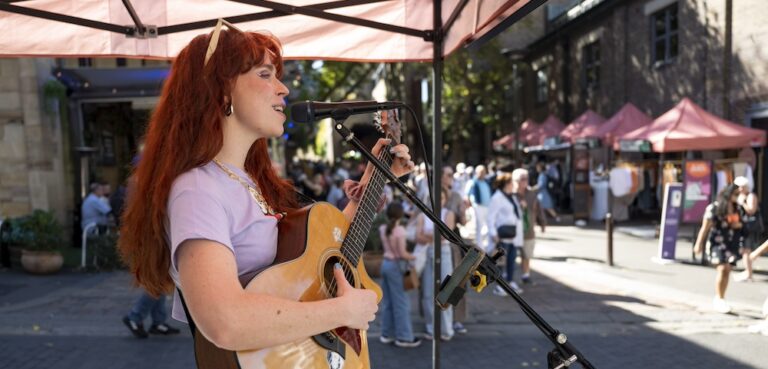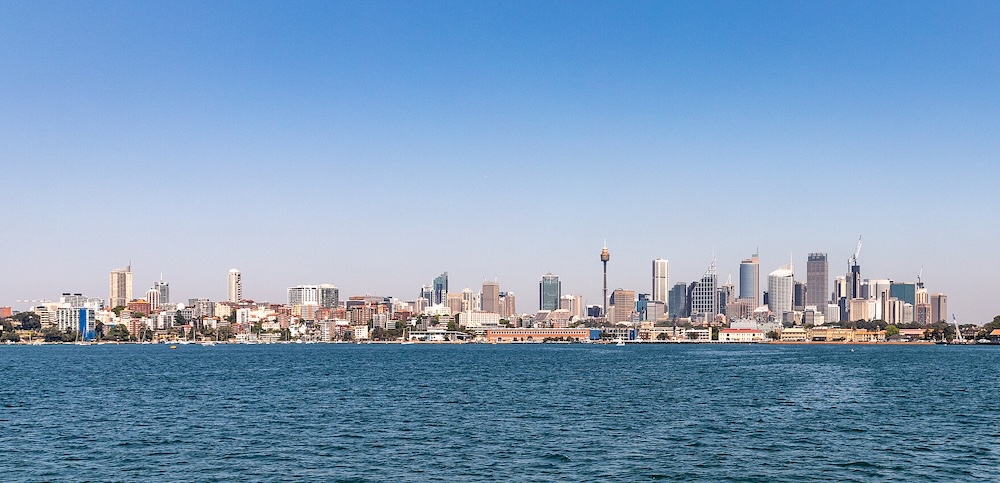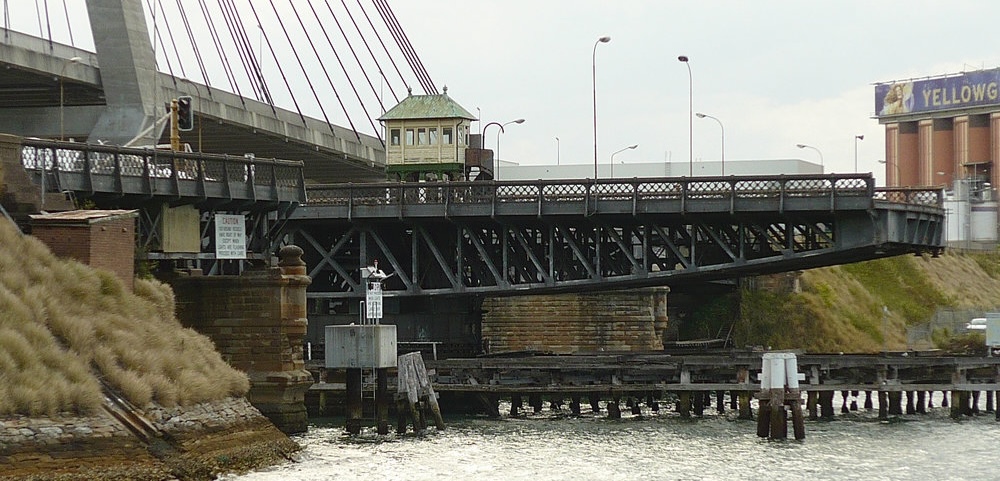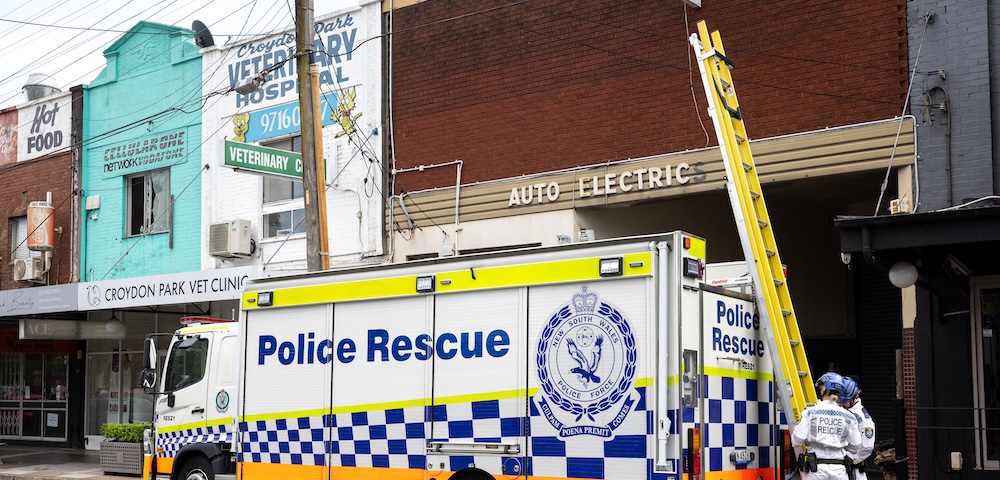
Food relief hungry for help
by ALEC SMART
The Addison Road Food Pantry, a food relief operation in Marrickville run by the Addison Road Community Organisation (ARCO), is experiencing a substantial surge in users since the COVID-19 coronavirus began infecting Australians.
The Food Pantry rescues fresh fruit, vegetables, bread and other quality tinned and packaged foods, as well as household products, from being thrown into landfill and offers them to the community at affordable rates.
Rosanna Barbero, ARCO CEO, revealed attendance at their ‘food rescue and food security’ supermarket, whose primary users are low-income and disadvantaged people, has accelerated over 30 per cent a day in the recent weeks. They’re now feeding over 2000 people a week.
She attributes this to businesses, especially those employing casual labourers, suspending their employees without pay to cope with COVID-19 transmission fears. The problem is exacerbated by the Australian Federal Government’s policies that she insists marginalise the poor.
“We’re operating in a climate where the government has cut funding to not-for-profit services like ours, while at the same time they’ve introduced user-pay services. We don’t need a privatised system where the condition for accessing essential services like food requires that the user pays for it, when most of our users can’t afford it.”
Casual workers affected
Most of the new arrivals requiring assistance are casual workers and students, who’ve been temporarily released from their jobs in venues, cafes, restaurants, theatres, galleries and cinemas (primarily the entertainment and arts industry) by employers unable to pay them during this sudden downturn in trade.
“We’re seeing people who’ve lost their jobs being told: ‘Don’t come back for at least two weeks!’” Ms Barbero revealed. “They’re panicking. Some of the foreign students don’t have families to return to, others can’t afford their rent. There’s no government service to help them. We’re providing them the most basic human right of all: the right to food.”
Mark Mordue, ARCO Media and Communications Manager, added, “Australia is one of the highest casual-work economies in the world, which means we have a very high proportion of our population with no job security, pensions and limited disposable income.
“But they don’t have choices, they’ve been excluded from the mainstream society workforce and so they’re the first to suffer in times like these when people are laid off work. This coronavirus is social and economic as well as viral, because it exposes the weaknesses in our society. And the most vulnerable people are turning to us for help.
“However, talking to people who use our services we find they don’t feel alone during this crisis, despite the media sensationalism saying it’s dog-eat-dog out there.”
Pandemic
Despite the World Health Organisation (WHO) declaring COVID-19 was a Public Health Emergency of International Concern on 30 Jan 2020, it is only one week since the WHO warned on 13 March that the deadly virus is now a pandemic and businesses and entertainment venues across Australia began closing in response.
Over the coming months Australia will face the secondary crisis of the coronavirus lockdown: unpaid service bills and tenants falling behind in rent or mortgage repayments, leading to evictions.
And because a large proportion of the casual workforce consists of women – many of whom are undertaking part-time jobs to fit around childcare demands – in the coming months we’ll face a tertiary crisis of kids going hungry, school fees unpaid, and kids unable to attend extra-curricular activities (like swimming, music lessons, etc) because of the financial constraints placed upon their primary carers.
As experienced in past economic downturns, such as the Global Financial Crisis of 2007-8, a niche industry of bailiffs and repossession agents will inevitably spring up over the next few months to pursue and harass people unable to pay their debts.
And yet, unlike the French government, whose President Emmanuel Macron announced on 16 March that “no companies would be left exposed to the risk of bankruptcy” during the coronavirus suspension, the Australian government’s recent announcement of a $17.6 billion ‘stimulus package’ only allocates around $2.4 billion towards health care and no help to laid-off workers.
Around 10 per cent of that $2.4 billion will be used to establish 100 coronavirus clinics while $100 million has been allocated to providing a video consultation service.
In contrast, France has set aside a 300 billion Euros rescue package for French industries, which, as well as allowing companies to halt tax payments for a month, will cover over 75 per cent of workers’ wages while they are temporarily unemployed, plus the suspension of energy bills and rents for small companies and self-employed workers.
ARCO are seeking volunteers to assist in delivering food and provide help for their two partner agencies, Community and Cultural Services and the Ethnic Community Services Co-op.
““They deal with 45 different nationalities, including Aboriginals, but both organisations have had to stop community gatherings,” Ms Barbero said. “Staff can’t take people to outings and regular activities due to coronavirus fears, but those people still need to eat and have their groceries delivered.”
To donate to Addison Road Community Organisation, visit
https://addiroad.org.au/donations/donate-now/









